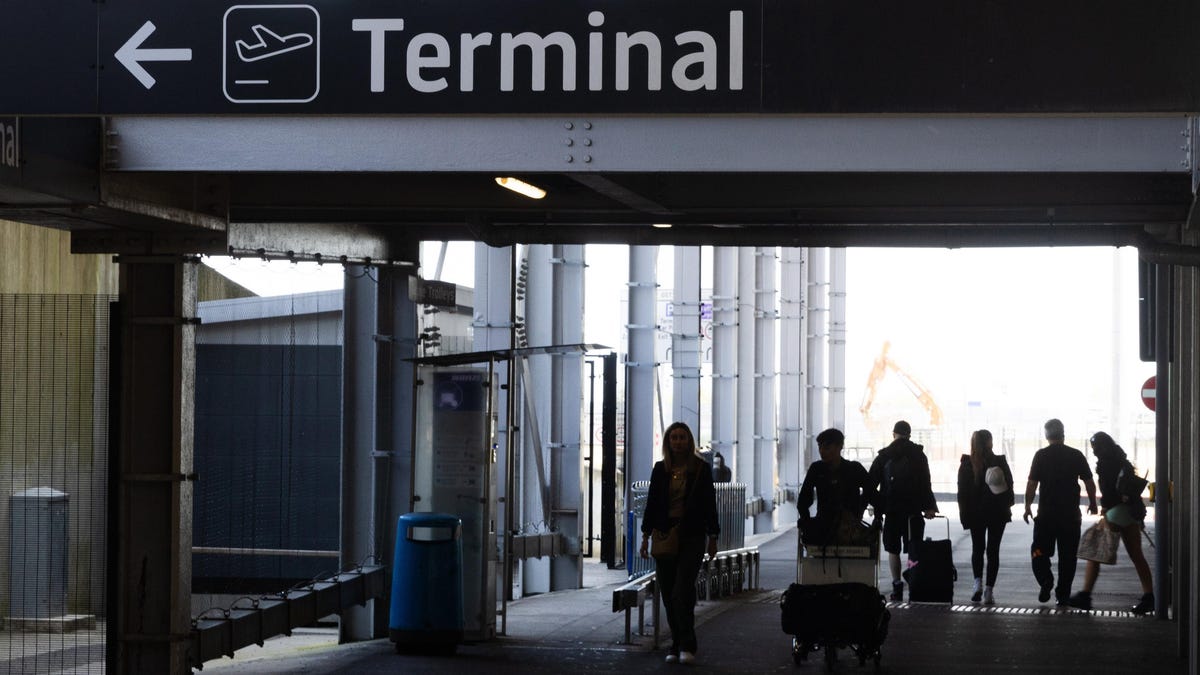How Not to Pay “e-Carrier Fees” (and Other Stupid Tolls)

This is officially high tourist season. The pandemic emergency has finally been officially lifted by the World Health Organization . The number of travelers passing through TSA checkpoints in June is approaching 2019 levels. And the travel industry is happy to discount commissions to unsuspecting travelers wherever possible. According to a recent Wall Street Journal report , “weird and often avoidable” tolls are becoming more commonplace. One traveler reported by the newspaper reported that he was unexpectedly charged $10 in a doorman tip, $3 daily maid fee, and $22 credit card processing fee during his stay at the resort, although he left a $10 tip to the maid and never use the call service.
Unfortunately, this is more than just resorts trying to recoup some of their losses in the era of the pandemic. Airlines, car rental companies, hotels and restaurants are also shamelessly charging you more money or concocting fees out of thin air. Luckily, there are ways to avoid some of these unreasonable fees.
Airlines charge a fee for booking tickets online
Absurd fees have long been the norm when booking tickets with a budget airline, but you can avoid one of them. Many low-cost airlines force you to pay an “electronic carrier fee” when you book – essentially a fee for buying tickets online. Frontier charges $23 per passenger per flight, Spirit charges $23 per flight segment, and Allegiant charges $22. Breeze Airways calls the fee a “technology development fee” and it ranges from $22 to $46 one way and per person depending on the flight distance.
The easiest way to avoid this fee is to buy tickets at the airport. While it might be inconvenient for those who don’t live nearby, the savings can be worth it if you buy tickets for multiple people (a family of five will set you back $115 at the lowest price). If you choose to do so, please be aware of the airline’s ticket office opening hours. (You can also try asking for a fee waiver if you’re buying over the phone, as long as the airline doesn’t charge a separate fee for this “service” – Spirit Airlines cost $35 for this perk).
Fee for printing boarding passes
Some airlines are also willing to charge you if you decide to head to the ticket office to print your boarding passes :
- Breeze: $3 per print
- Allegiant Air: $5 per print
- Spirit: $25 for printing or other services.
- Frontier: $25 for printing or other services.
You can avoid this fee by printing your boarding pass at home or, at many airports, using a self-service kiosk. But the easiest way is to download the carrier’s mobile application to display an electronic boarding pass or save a screenshot of it on your phone.
Hotels charge for receiving mail
Some hotels charge customers a “package acceptance” or “handling fee” fee when they receive their package. The fees depend on the hotel chain, location and package weight. For example, the JW Marriott Los Angeles LA Live charges $10 per item to send, receive, or store packages between 1 and 10 pounds (an envelope would cost $5). For heavier items, the cost increases by $1 per pound.
To avoid these fees, send your parcels to your local post office instead (you will be charged a much lower postage fee). If it’s from Amazon, you can also submit it to an Amazon Hub locker .
Car rental companies charge you for gas even after you fill up the tank
No wonder car rental companies love their fees , but some go too far. According to the Wall Street Journal, some customers who refueled their car before returning their rental car reported that they were still charged for refueling. Depending on which company you rent from, this fee will vary. (Avis Budget Group, for example, charges $16.)
When you get home, there is little you can do to prove you filled up the car, unless you keep the receipt and document the fuel level with a photo on your phone. To avoid any hassle at all, confirm the final payments before leaving the rental agency after returning the car. If you need to drop it off after business hours or without a clerk present, pick up the receipt at the gas station while refueling and take a photo of the car’s gas gauge while in the rental company’s parking lot. Your phone will automatically save the time and location so you can use it as proof that the car was filled with gas when and where it was returned. (The same rules apply when renting electric vehicles. Make sure you can prove you charged the vehicle).